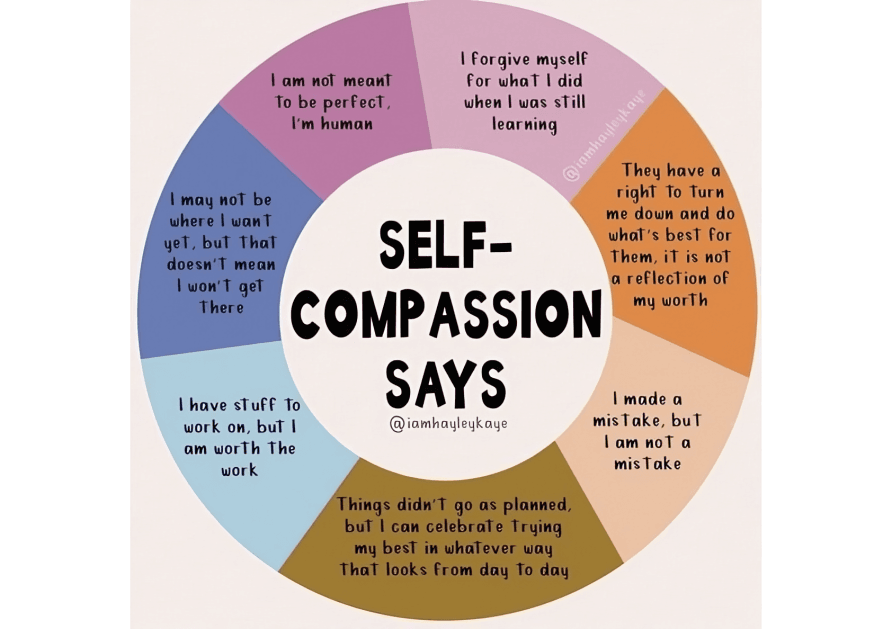
“
Mastering setting boundaries at work is essential for protecting your time, energy, and mental health. It allows you to stay focused, respectful, and assertive without guilt. Learn why setting boundaries at work is key to long-term success.1
1
”
Overcommitting at work eventually drains your energy. Setting boundaries ensures you don’t burn out and helps you maintain a sustainable routine that respects your time and mental space. 1
Expressing needs with "I" statements like “I need quiet to focus” makes communication clear, respectful, and assertive—key to establishing boundaries that others are more likely to honor. 2
Blocking out non-negotiable time for focused work or personal tasks reinforces your boundaries, increases productivity, and sends a message that your time is just as valuable as others'. 3

Saying “no” is not rude—it’s a healthy boundary. When you protect your time and energy, you’re valuing yourself, which is essential for long-term professional success and well-being.
Knowing your values helps you draw effective boundaries. When your actions reflect your priorities, you avoid guilt because you’re acting in alignment with what truly matters to you. 4
Delegating doesn’t mean slacking—it means trusting the team. Sharing responsibility sets boundaries around your workload and promotes a culture of support, rather than chronic overwork. 5
People may resist when you set boundaries, especially if they’ve benefited from you not having any. Anticipating pushback prepares you to assert your limits with calm, consistent firmness. 6

Turning on “Do Not Disturb” modes and disabling email notifications outside work hours are effective tech boundaries that protect your personal space and help you recharge without distractions.
Guilt can arise when you say no, but remember: that feeling doesn’t mean you’re wrong. It’s just a sign you’re choosing self-respect in a boundary-less culture. 7
Vague limits invite overstep. Be specific, like stating, “I don’t respond to emails after 6 p.m.”—clear boundaries like these reduce misunderstandings and create more balanced expectations. 8
Clear communication with coworkers builds respect for your time. When everyone knows your limits—like availability hours—it fosters smoother collaboration and reduces friction caused by unmet assumptions. 9

Self-compassion helps you respect your own boundaries. When you understand that your needs are valid, it becomes easier to set limits without judging yourself or feeling selfish.
Speaking with a mentor or coach about boundary-setting can provide validation, tips, and perspective, which make you feel more confident when saying no or holding your ground. 10
Boundaries stick when you stick to them. Repeating the same responses—like not checking emails after hours—helps others adjust and eventually accept your new professional standards. 11
As roles evolve, so must your boundaries. What worked when you were new might no longer fit—especially if you're taking on leadership responsibilities or facing increased expectations. 12

Work-from-home setups can blur lines. Creating boundaries like “no laptop on the bed” or having a designated workspace keeps your personal and professional lives from constantly colliding.
If confrontation makes you anxious, try scripts. Rehearsed phrases like “I’m unavailable after 5, but happy to talk tomorrow” make setting boundaries feel smoother and less intimidating. 13
Being transparent about your workload prevents burnout. Telling your boss, “I can finish one report, not three today,” helps manage expectations and shows you respect quality over speed. 14
Not everyone will cheer your boundaries. Some may even be annoyed. But standing firm is key to maintaining your peace, and those who truly respect you will adapt. 15
Setting boundaries isn’t weakness—it’s empowerment. It allows you to work with clarity, protect your time, and build a professional life that serves you, not just your job description.16


